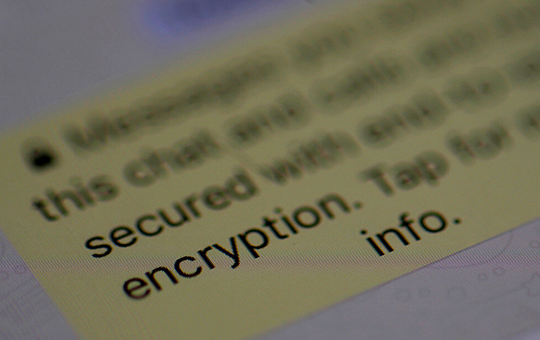What is EARN IT?
While the majority of the world was busy fighting a deadly pandemic, this bipartisan bill was introduced by senators Lindsey Graham and Richard Blumenthal, along with senators Josh Hawley and Dianne Feinstein- on March 5, 2020.
EARNT IT says that it aims to establish a National Commission on Online Child Sexual Exploitation Prevention and for other purposes.
At first glance, it sounds artless, but the complexities of this act are highly controversial. This is mainly because it deals with Section 230 of the Communications Decency Act.
This act essentially epitomizes that any interactive computer service like an app or a social media site cannot be held liable if one of it’s user’s posts something illegal. Exceptions being in cases of federal crimes, copyright issues, and things related to sex work.
The EARN IT Act basically states that these companies would have to “earn” the privileges and protections provided by section 230, rather than being automatically granted them. This can be done by demonstrating, what they call, “best practices” when it comes to making editorial choices.
Section 230 has seen a lot of changes over the years and has faced so many problems. One one side it’s seen as the staple of the first amendment being used online, and they see EARN IT as a risk.
Consider this- if companies like Facebook or Twitter were held accountable for the content shared by their users, they would be far more likely to moderate content on their platforms to save themselves from any legal backlash. This takes a blow at our free speech.
But, the other side believes that the protection gives these tech companies too much broad power, immense flexibility, and the ability to display harmful content with no repercussions.
The EARN IT Act is taking a swing at a pretty loaded and highly debated rule. This is not where the controversies come to an end.










